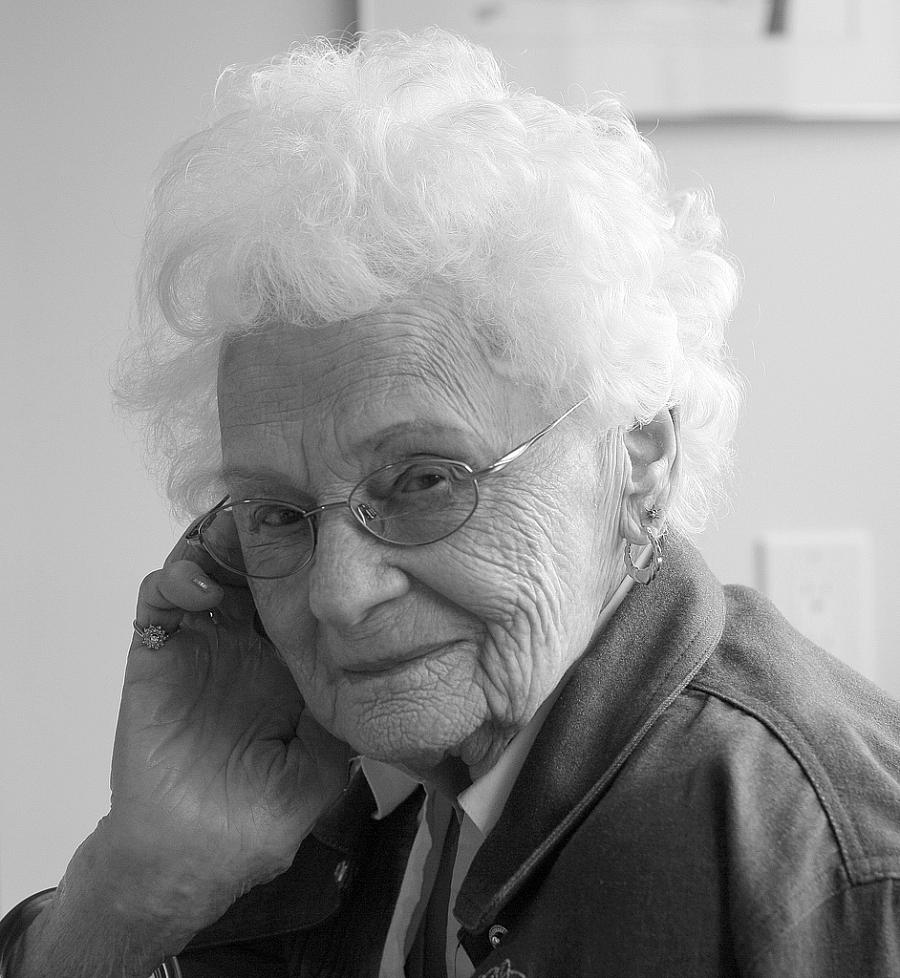Surprised by Detail: Interviewing Seniors

I went into this project a much more timid reporter than I am now. Over the course of this series, I've spoken with so many seniors who had intimate, perhaps not-so-flattering stories. They had been, or were, homeless. They struggled to eat. They couldn't pay for medication. They could barely afford their houses. They couldn't pay for high-quality caregivers, and were taken advantage of in their homes. As a young person brought up in a culture that respects the elderly from a distance but doesn't encourage a lot of intra-generational honesty, it was initially hard for me to ask the kinds of questions I needed to ask. Ageist or not, it felt disrespectful to talk about money, abuse or frailty with people so much older than myself.
What surprised me over the course of the project was how open my subjects became about the hardships in their lives. Not at first-in the first story I did, I struggled to find anyone willing to talk to me in the lower-income, isolated rural community I wrote about. I went to church meetings and soup kitchens, and as soon as I would mention I was a reporter and say words like "struggling financially," the people I was speaking with would shut down. It took showing up to multiple community functions and getting local leaders to trust my intentions to start receiving contacts that would return my calls.
But after that initial struggle, I found my interviewees' candor both refreshing and disarming. As a reporter, it was incredible when new acquaintances would pull IRS documents out of a cabinet, loan me a box of their bank statements or share how it felt to be completely dependent on credit cards for food, after being frugal their whole lives. At the risk of sounding callous, I've heard countless pull-quote worthy details over the last few months-how important your car becomes when you're homeless; how you feel after escaping a 20-year marriage of extreme abuse; how your stress level goes up when you can't afford hypertension meds, and you fear you'll have another stroke. As a reporter with a deadline, again, it was great. As the person on the other end of those conversations, though, it was both humbling and daunting to be given that much trust.
But with its many intimacies, this series has made me a better journalist. It's shown me that I have to ask the difficult, sometimes uncomfortable, questions I might not want to ask. And it's shown me that that discomfort is mostly one-sided, because if you're respectful, people want to share their stories. There have been several times where someone has told me that they don't want to talk about a sensitive topic, but they've been few. If you're honest with your subjects-no matter the age or generational gap-they tend to be honest with you.

